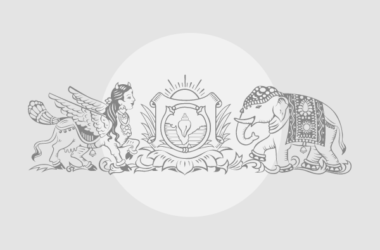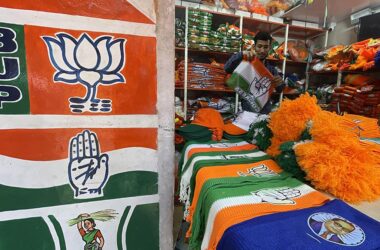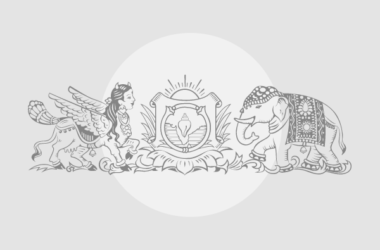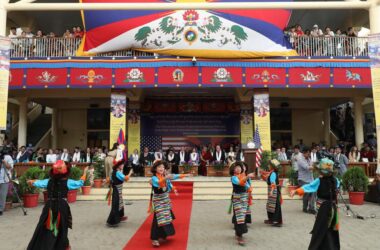On October 2, the Bihar government released the data of its caste survey. The data showed that the Other Backward Classes (OBCs), Scheduled Castes (SCs) and Scheduled Tribes (STs) together account for about 84% of the population. This has reopened the debate on whether the 50% legal ceiling on caste-based reservation should be removed. Kalaiyarasan A. and Alok Prasanna discuss this question in a conversation moderated by Pon Vasanth B.A.. Excerpts:
Do you think the initial findings of the Bihar caste survey has necessitated the reconsidering of the ceiling of 50% on reservation set by the Supreme Court in the Indra Sawhney case in 1992?
Kalaiyarasan A.: Historically, many political scientists and sociologists have viewed the 50% ceiling as arbitrary because the judiciary did not have sufficient evidence to support that cap. Some states have already breached this limit, such as Tamil Nadu, which provides 69% reservation through a 1994 law. Additionally, the reservation for the Economically Weaker Sections introduced by the Central government in 2019 has already exceeded the 50% ceiling.
Alok Prasanna: The 50% ceiling on reservation came from a series of court judgments that were not based on strong reasoning. There is a need to challenge this limit, and States like Bihar have the opportunity to do so by presenting strong evidence and using a litigation strategy. However, the political climate also plays a crucial role in initiating this reconsideration.
Bihar has only released the caste-wise count of its population, not the socio-economic data yet. Will the release of socio-economic data lead to demands for the reconfiguration of reservation categories?
Kalaiyarasan A: The OBC category is administrative and includes a diverse range of castes. There is a risk of more privileged communities taking advantage of this category. Sub-categorization of communities that lack representation becomes necessary to address this issue. States like Bihar and Tamil Nadu have implemented sub-categorization, which is important for ensuring the right to representation and addressing backwardness.
Alok Prasanna: The issue with the OBC category is that it lacks a clear definition. The Constitution refers to OBCs as “socially and economically backward classes.” Sub-categorization is essential, but it requires a rethinking of who belongs to a socially and educationally backward class. The current system allows certain castes to benefit more from reservation, creating inequities.
Congress leader Rahul Gandhi has raised the slogan of “jitni abadi utna haq (representation according to the population).” Will a caste census lead to individual caste groups demanding separate reservations?
Alok Prasanna: Sub-categorization is a complex issue and can result in a zero-sum game. It can also lead to debates about whether certain castes should even be included in the reservation list. While there is a risk of political parties exploiting caste-based mobilization, the slogan raised by Rahul Gandhi is about addressing group-based deprivation, not dividing castes at a granular level. It is possible to address caste-based deprivation while preventing caste-based mobilization.
Some are concerned that a caste census will lead to further accentuation of caste identities and a fragmented polity.
Alok Prasanna: It is valid to consider the concern of accentuating caste identities. However, the existence of these identities cannot be ignored. The administrative state should officially recognize these identities through a caste census. The discourse on reservation should also address larger issues such as the privatization of the state, contractualization of labor, and the scarcity of government jobs. Focusing solely on percentages without considering the overall size of the pie is not productive.
With the demand for a caste census, will the Opposition parties be able to disturb what the BJP has achieved electorally?
Kalaiyarasan A: The demand for a caste census can have a significant impact, similar to the Mandal Commission report in the 1980s. This could potentially push the BJP into a defensive mode initially, but the party may eventually adapt to the new reality. It is crucial to address caste-based deprivation and mobilization, whether through Hindutva, the Bahujan identity, or class-based mobilization.
Kalaiyarasan A. is Assistant Professor at the Madras Institute of Development Studies and Visiting Research Fellow at the King’s College London; Alok Prasanna is Co-Founder and Lead, Vidhi Karnataka







